The Commission's Expert Group
Find the full members list and biographies of the Expert Group below as of 31 October 2018.
The Expert Group served from July 2018 to October 2019. We thank them for their invaluable support and assistance during the first phase of the Commission.
The purpose of the Expert Group is to provide the lead commissioner with constructive advice and challenge in her first 12 months of the Commission.
Its members are not additional commissioners, rather they have been appointed as members to be ‘critical friends’, and to provide constructive advice and challenge as appropriate. They are free to, and should, express their own views, based on their experience and expertise. They will not be held responsible for decisions made by the Lead Commissioner or the Commission. They are expected, however, to act in the public interest in accordance with the 7 principles of public life.
Biographies of expert group members
Jamie Bartlett – Demos, Head of the Centre for the Analysis of Social Media
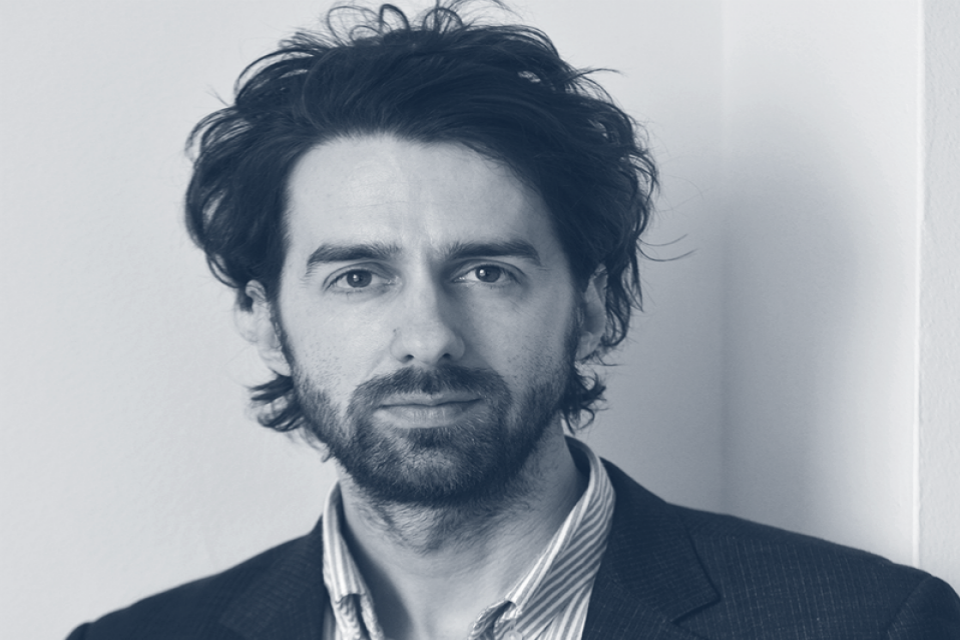
A technology journalist, author tech blogger for The Spectator and Director of the Centre for the Analysis of Social Media for Demos and the University of Sussex. Authored ‘The Dark Net’, describing a range of underground and emergent subcultures, including social media racists. In 2017 he published ‘Radicals’ about fringe movements, and ‘The People Vs Tech’ on the way the tech companies are affecting lives in 2018. He has also authored a range of articles about online extremism and free speech.
Cllr Simon Blackburn - Chair of the Local Government Association’s Safer and Stronger Communities Board
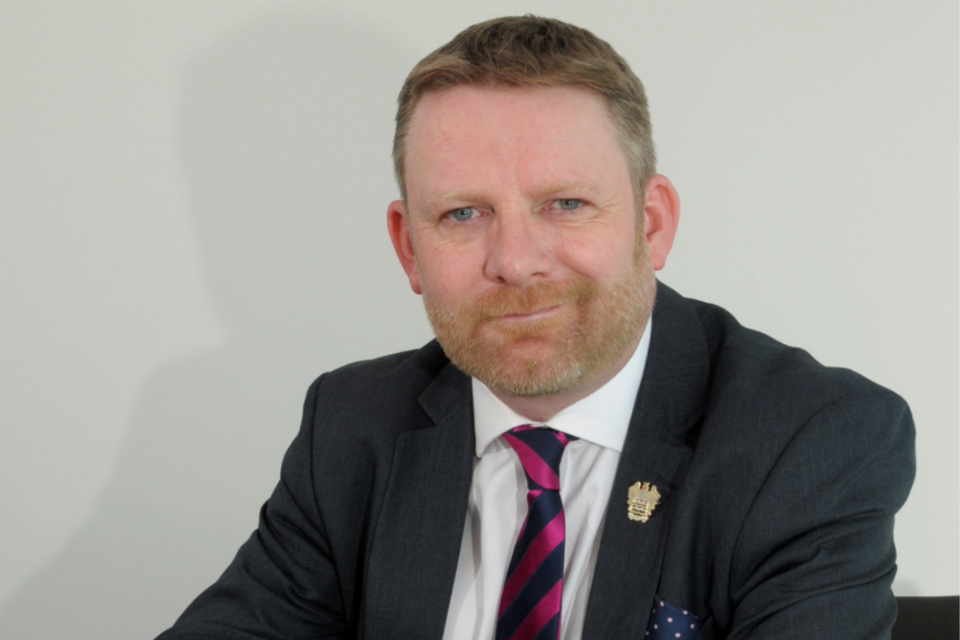
As Board Chair and Member Champion for counter-extremism, Simon represents the local government sector on extremism and related issues at national level, and has chaired a number of events on councils’ role in countering extremism, Prevent delivery and cohesion. Simon currently serves as a member of the LGA Executive, and acts as a mentor for new leaders, and a peer reviewer across a range of service areas. Simon has been Leader of Blackpool Council since 2011. He is a member of both the EU Committee of the Regions, and the Council of the Congress of Europe and since 2016, he has also served as Chairman of the Shadow Combined Authority for Lancashire.
Professor Chetan Bhatt – LSE Human Rights
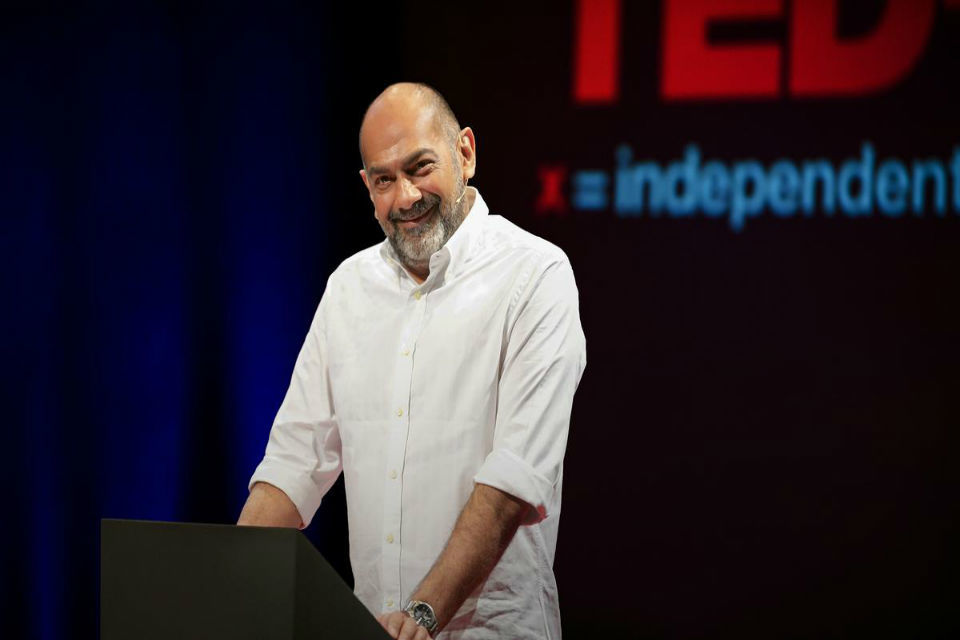
Academic expert on modern political ideologies, religious paramilitary groups, identity and tradition. He has written about Hindu nationalism, treatment of minority groups by secular and religious forces, focusing on the far-right commonalities of violent religious groups.
Dr Emman El-Badawy - Head of research in the Co-Existence team at the Tony Blair Institute for Global Change
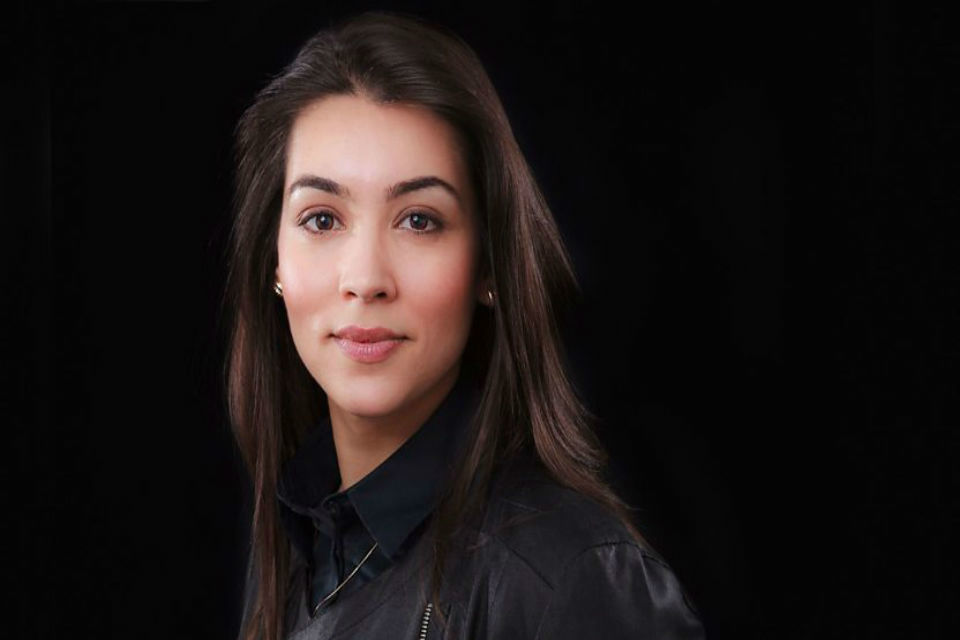
Emman is additionally a fellow of the Department of War Studies at King’s College London. Her current three-year research is a comparative study of violent and nonviolent Islamist propaganda.
Julian Hargreaves - Woolf Institute

Julian joined the Woolf Institute in January 2017 after completing a two-year post as a Research Associate in the HRH Prince Alwaleed Bin Talal Centre of Islamic Studies, University of Cambridge. Julian holds an MRes (Distinction) in Criminology and a PhD in Applied Social Science, both from Lancaster University.
His main research interests are: British Muslim communities; issues around anti-Muslim discrimination and hate crime; relations between Muslim communities and the state; and community responses to radicalisation and extremism. Julian’s recent work has been published in the British Journal of Criminology and Ethnic and Racial Studies and presented to the Royal Statistical Society.
Sasha Havlicek - Institute of Strategic Dialogue, Founder and CEO
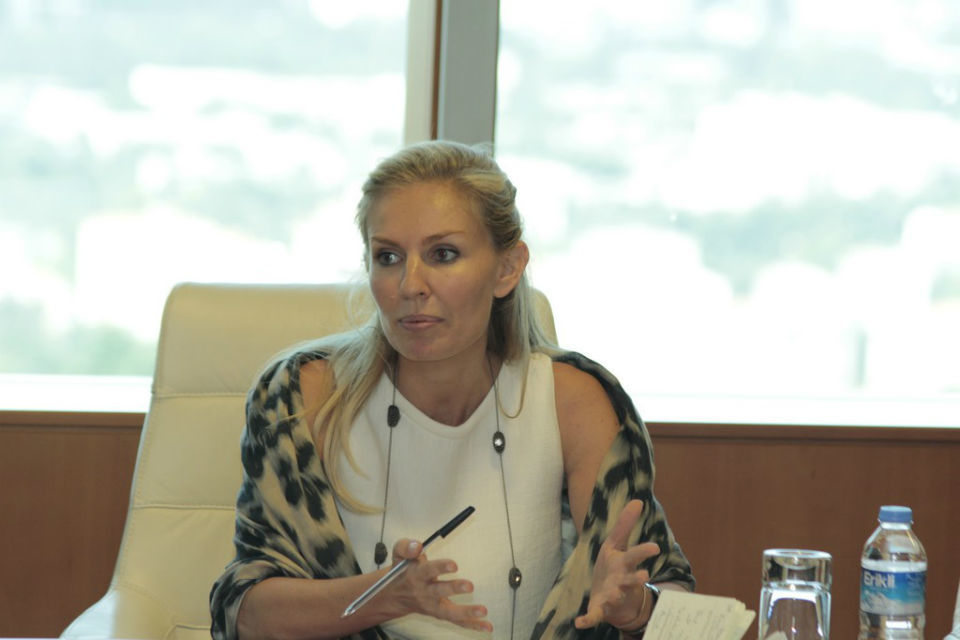
As founding CEO of ISD, Sasha has led the organisation’s pioneering programmes and campaigns, advising governments at the highest levels and working with the private and civil society sectors to deliver real-world solutions to inter-communal conflict, extremism and terrorism. Sasha chairs the 11-country Policy Planners’ Network on Countering Radicalisation and she co-chaired the EU’s Internet Radicalisation working group from 2012-2015. Sasha previously served as Senior Director at the EastWest Institute where she led conflict resolution programming. She is a member of the European Council on Foreign Relations, has testified before US Congress and is a regular commentator in the media (CNN, BBC, Channel 4 News and other networks).
Sunder Katwala, British Future, Director

Sunder Katwala has previously worked as a leader writer and internet editor at the Observer, as research director of the Foreign Policy Centre, a commissioning editor at Macmillan and at the Fabian Society, where he was General Secretary from 2003 to 2011. He leads British Future’s work as a thinktank engaging people’s hopes and fears about immigration, integration and identity, seeking to build a broad consensus among the public and opinion-formers for reforms that work for everyone. The organisation’s long-term aim is a country where we are no longer ‘Them and Us’ but rather a confident and welcoming Britain, inclusive and fair to all.”
Nick Lowles MBE - HOPE not Hate, Chief Executive
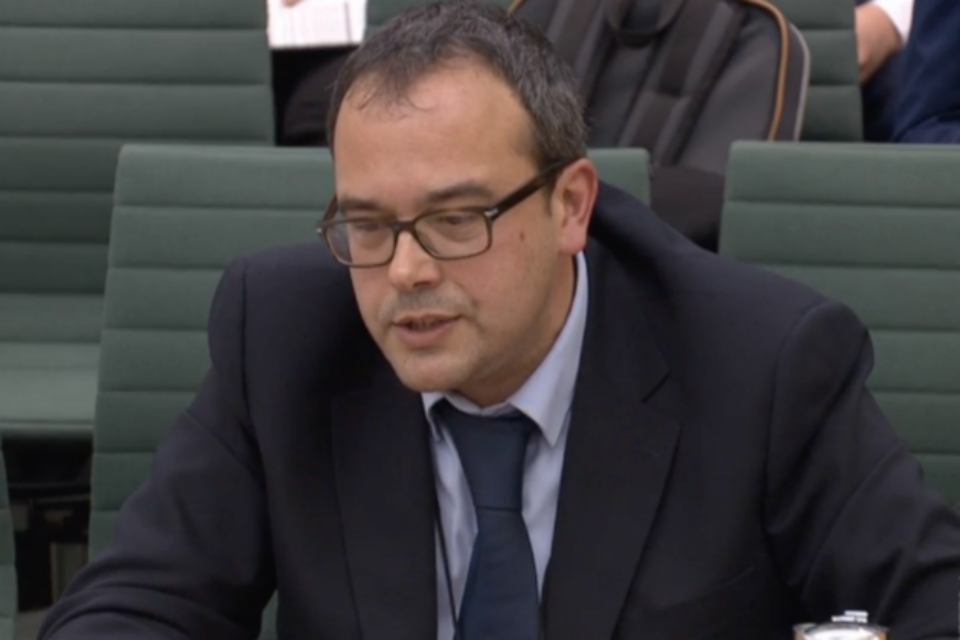
Nick has authored reports on extremism, and is regularly consulted on issues relating to extremism and community cohesion by the government, opposition and police. He was awarded an MBE in 2016 for his services in tackling extremism. HOPE not Hate works on the ground with local people to defeat the politics of hate. Orchestrators of the ‘We Are The Many’ letter, which spoke out against the EDL and the murderers of Lee Rigby and was signed by over 47,000 people.
Fiyaz Mughal OBE FCMI, founder and director of Faith Matters and Founder of Tell Mama

Fiyaz has been involved in countering extremism for many years. After the 7/7 bombings he became a member of former Prime Minister David Cameron’s Extremism Task Force Working Group for Communities. He was on the Local Delivery Advisory Group on Preventing Violent Extremism, and Advisor to former Deputy PM Nick Clegg on interfaith and preventing radicalisation and extremism. He also launched Faith Matters in 2006 to counter extremism by developing discourse and online campaigns to engage faith communities, promote shared values, develop hate crime projects (TellMAMA), and work on safeguarding projects and online safety.
Pragna Patel – Southall Black Sisters, Director
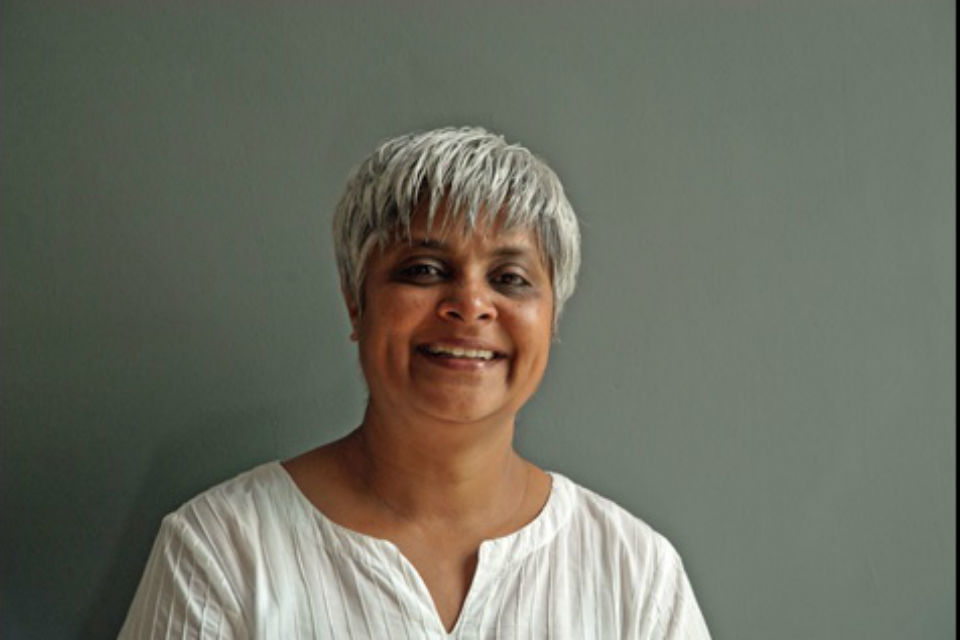
After practicing as a solicitor, Pragna became founder and case work coordinator leading the NGO Southall Black Sisters’ work on domestic violence, immigration and religious fundamentalism cases, and campaigns. She has also written extensively on race, gender and religion and challenging all forms of gender related violence against women, and empowers them to live without fear of violence and assert their human rights to justice, equality and freedom.
Hilary Pilkington - Professor of Sociology at the University of Manchester
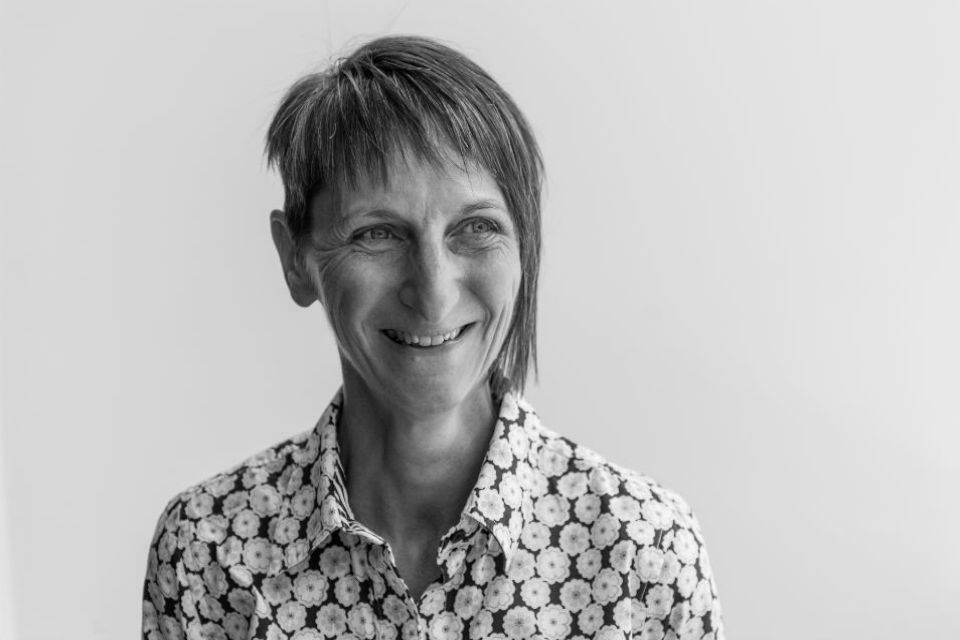
Professor of Sociology at the University of Manchester and Fellow of the UK Academy of Social Sciences. She is currently coordinator of the H2020 DARE (Dialogue about Radicalisation and Equality) project, which considers the social origins and effects of radicalisation, focusing on young people and on both Islamist and anti-Islam(ist) (extreme right) radicalisations. Her book Loud and Proud: Passion and Politics in the English Defence League (Manchester University Press, 2016) won the 2017 BBC Thinking Allowed Ethnography Award. She has recently served as an independent Commissioner on the GMCA Preventing Hateful Extremism and Promoting Social Cohesion Commission.
Sir Mark Rowley KB QPM
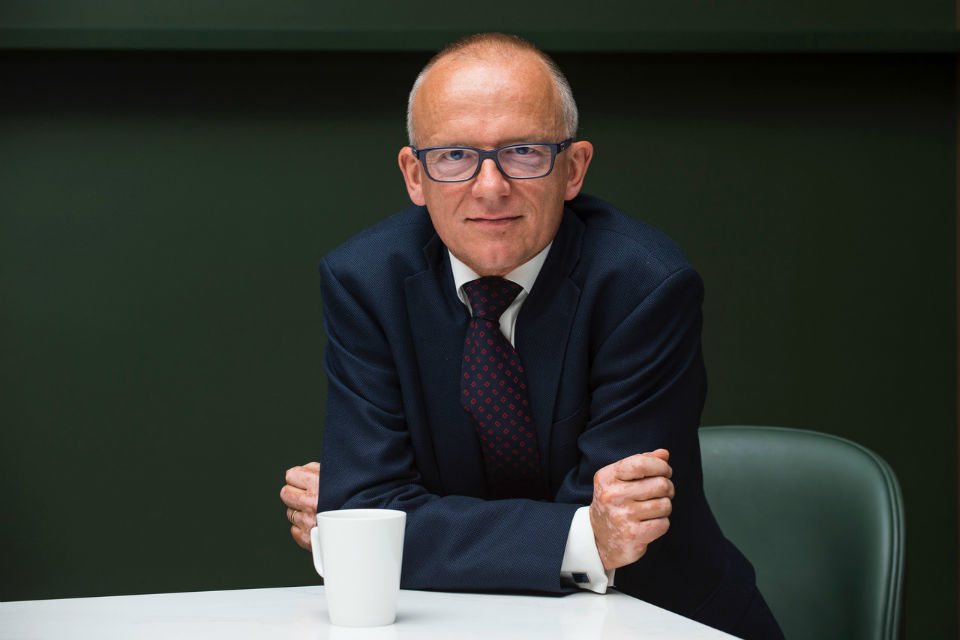
Former Assistant Commissioner for Specialist Operations of the Metropolitan Police Service, Chair of the National Police Chiefs’ Council Counter-Terrorism Coordination Committee and National Lead for Counter Terrorism Policing. During this he led an unprecedented surge of threat, strengthening police capability, increasing join-up with community policing and closer working with intelligence partners. He retired in April 2018 and was knighted the same year.
Peter Tatchell - Human rights campaigner
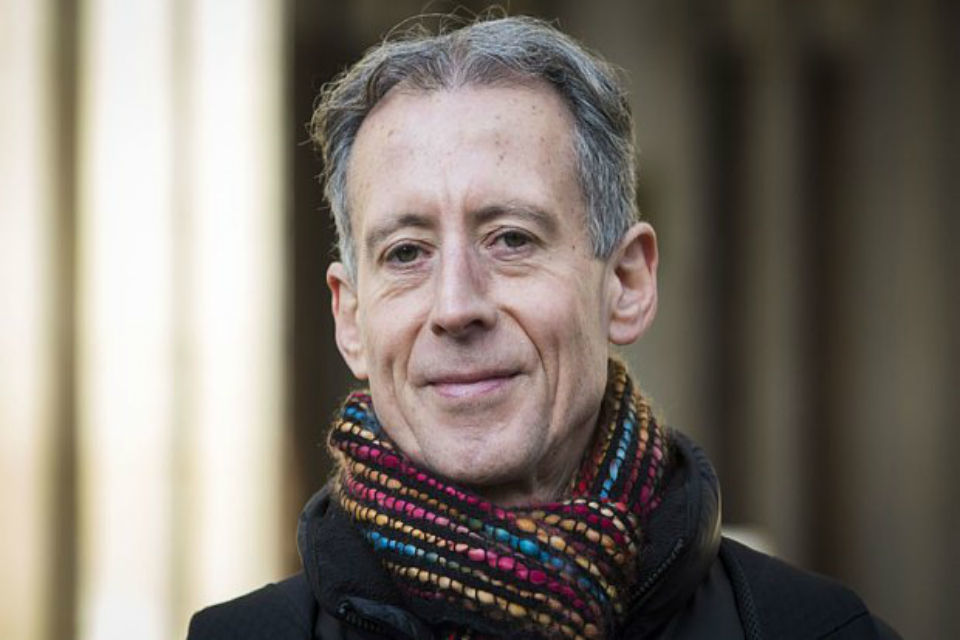
Peter has been campaigning for human rights, democracy, LGBT freedom and global justice for more than 50 years. From the late 1970s onwards, he called for a single, comprehensive, all-inclusive Equal Rights Act to harmonise the uneven patchwork of equality legislation, to ensure equal treatment and non-discrimination for everyone.
Dame Louise Casey DBE CB
Dame Louise will be temporarily stepping down due to commitments on other projects, but will be re-joining us again early next year.
Updates to this page
-
Added information about the closure of the Expert Group.
-
Membership updated.
-
We have added a new member of the expert group and photo
-
Page has been updated to reflect a new member of the expert group
-
Updated photo of Fiyaz Mughal
-
First published.